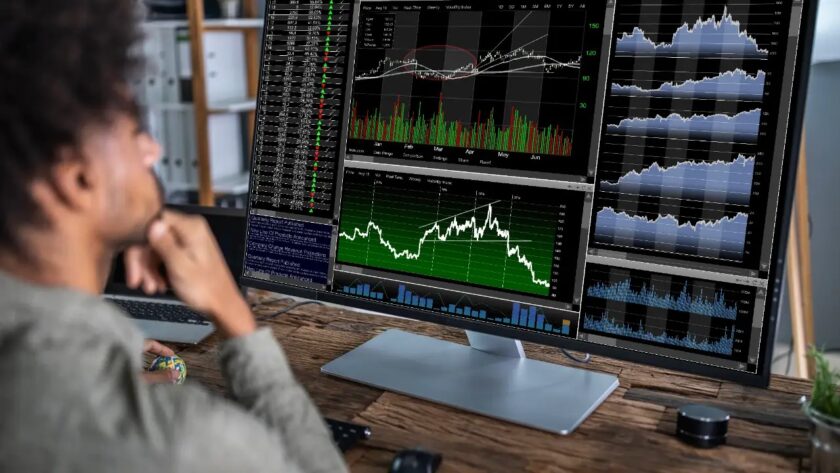Trading platforms are a specific kind of online trading system that facilitates the making of trades via the use of computer software in a networked setting. Trading platforms may be used for free or at a reduced cost to the trader, depending on the financial intermediary used.
Commercial Exchange
Thanks to trading platforms, investors may keep their accounts stocked and conduct limited trades in a secure setting. Trading platforms facilitate investors’ ability to manage their portfolios across several markets and transact in a variety of assets. As a means of facilitating secondary market liquidity and increasing the openness of information, sophisticated database structures would be an appropriate component of trading systems.
In a networked setting, traders may find each other, apply pertinent search criteria, and electronically negotiate offers based on transaction parameters and other terms and circumstances that are mutually agreeable.
Brokerage firms use trading platforms, which are software application systems designed to streamline the processes of making trades and managing holdings in various markets. Choosing the top trading platforms is essential here.
The ability to interact with one’s trading partners in real time is only one of the many benefits offered by modern trading platforms, which often include a wide range of other features and functions.
The two most common types of trading platforms are commercial trading platforms and proprietary trading platforms, sometimes known as prop trading platforms.
Finding Out How Different Trading Sites Work
Simply put, a trading platform is a web-based marketplace where buyers and sellers may interact digitally to conduct financial transactions such as buying and selling stocks, trading currencies, and monitoring accounts maintained with non-bank financial organisations.
Typically, trading platforms will include a number of supplementary services, such as premium research data, real-time quotations, news feeds, and charting applications. These capabilities allow traders to have instantaneous access to trading data and provide smooth communication between market participants during discussions.
It is possible to tailor trading platforms to the specific needs of each markets, such as the futures market, stock market, options market, or currency market. By providing features that are tailored to the unique architecture of each market, trading platforms provide customers a wider range of flexibility in managing and carrying out transactions. Using the captrader is the best choice here.
Various Forms of Online Trading Platforms
Proprietary trading platforms, commonly known as “prop” trading platforms, and commercial trading platforms are the two basic kinds of trading platforms. Large brokerage companies are responsible for the creation of the software that power prop trading platforms. These programs replicate the trading patterns and demands of electronic brokerage models.
However, commercial trading systems are designed with the retail investor and day trader in mind. Commercial trading platforms are easy to use and come pre-packaged with useful features, such as charts and news feeds, to enhance research and give investors and traders with more in-depth information.
Active trading demands the use of a number of trading tools and tactics that could be useful in recognising trends. In order to find the most appropriate trading platform, one requires first-hand familiarity with real trading.
Trading Platforms: How to Choose the Best One for You
An investor should weigh the benefits and drawbacks of a trading platform carefully before committing to it. It is crucial as diverse sorts of traders require different kinds of qualities in order to make judgements regarding trading.



